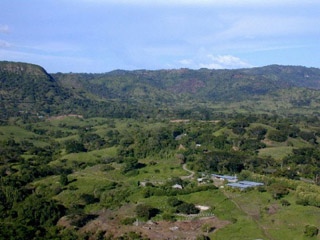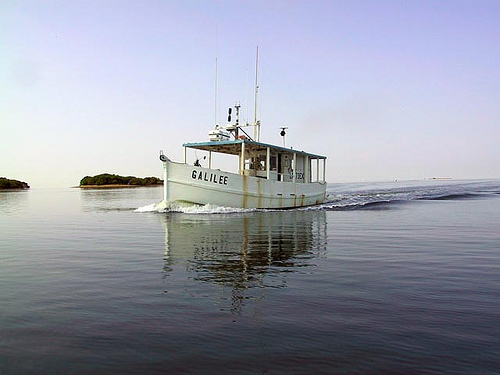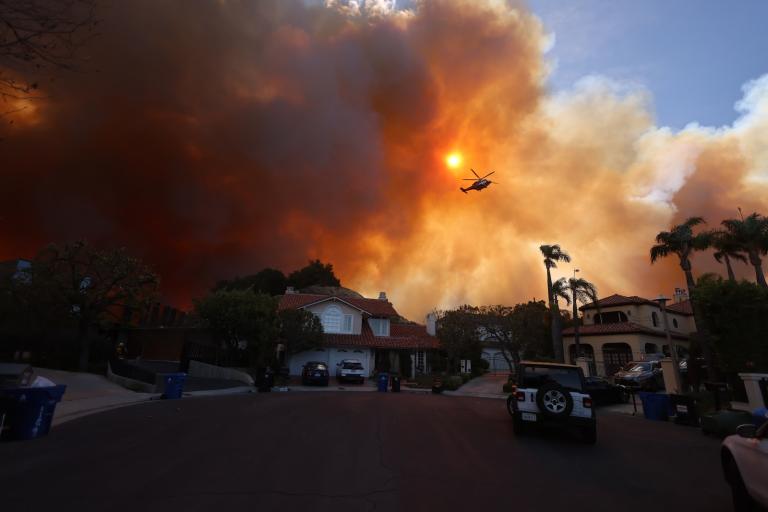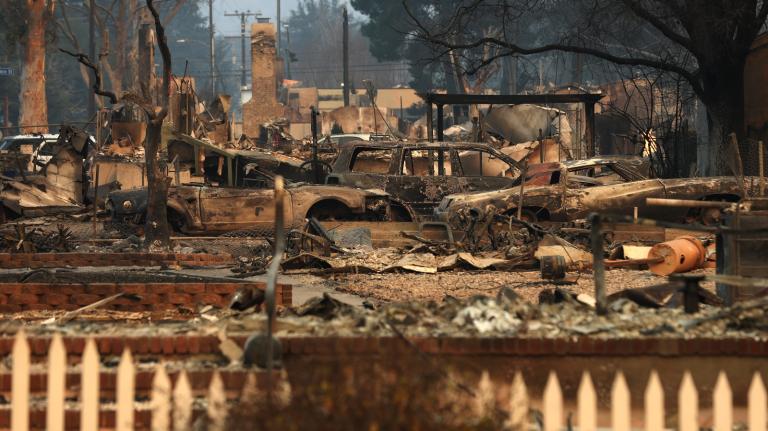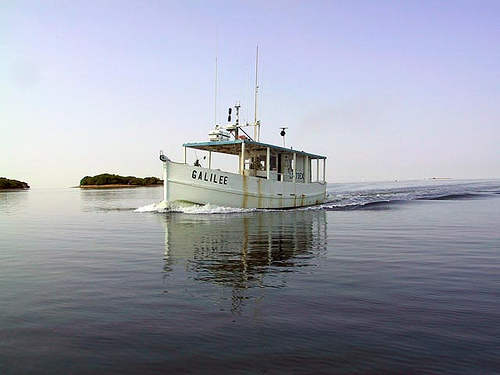 A fishing boat returns after a night of fishing in the Gulf.Photo courtesy PDub via FlickrI’m a fourth-generation fisherwoman from the Texas Gulf Coast, on a boat since I was eight. Over the last two decades, I’ve become a self-appointed watchdog of the chemical, oil, and gas corporations that are decimating the Gulf.
A fishing boat returns after a night of fishing in the Gulf.Photo courtesy PDub via FlickrI’m a fourth-generation fisherwoman from the Texas Gulf Coast, on a boat since I was eight. Over the last two decades, I’ve become a self-appointed watchdog of the chemical, oil, and gas corporations that are decimating the Gulf.
I hate to say it, but what I’m seeing now in the Gulf ain’t nothing new. The toxic releases, the lies, the cover-ups, the skimping on safety, the nonexistent documents, the “swinging door” with regulators, the deaths. Same ole same ole.
What is new is the massive nature of the oil gusher and the fact that it can’t be covered up because it’s ongoing and being videoed. This elephant can’t be swept under the carpet, but I’m sure if BP could, BP would.
There are politicians out there — we’ve all heard them — who say this oil spill is just one accident and one accident does not a case make. Heck, one plane crashes and you don’t stop flying, do ya? Well, this isn’t just one accident. This is the biggest flame among the thousands of fires set by Corporate America on its Sherman-like march across the Gulf.
I run an injured-workers group for people who got canned after they got sick or injured, and for whistleblowers and others who tried to make changes that their companies didn’t want. For many of them, there’s nobody to talk to except me — a high school–educated fisherwoman with a pile of kids and a broke-down truck. One worked in wastewater and said his supervisors were manipulating and hiding wastewater data, sometimes dumping outright or siphoning material out of test samples. Sometimes gauge needles were bent to keep them from showing what they should have been showing. A few times, the worker had to wade through a diked wastewater area the size of two-city blocks with toxic waste coming over his boots. He lost his hard hat, lost his gloves, maggots were crawling everywhere, and right next to him was a high-voltage pump. He said a lot of days he thought he’d die, but telling didn’t do any good. As any good workers knows: You keep your mouth shut, ‘cause a good way to lose your job or lose your bonus is to report a worker injury or a safety violation.
That wasn’t my first dance at that rodeo. I’ve had a Texas wastewater investigator pass me information because he couldn’t do anything with test results showing extremely high levels of priority pollutants like vinyl chloride and ethylene dichloride in the water. He said every time he tried to pass it up further in enforcement, something blocked it. It just so happened that his boss, the director, had applied for a job at the polluting plant. He sure didn’t want to think what that was all about. Made him sick just thinking about it.
Made me sick, too. Made me want to get on a boat and go out on the bay and forget all of it. Last time I was on the bay, however, a seismograph crew breezed in, looking for oil and gas deposits. There are approximately 4,000 oil and gas rigs out in the Gulf, but there are a sizable number in the bays, too. Seismologist teams sometimes use dynamite blasts to produce sound waves that pinpoint oil and gas deposits. Generally, dynamite charges aren’t allowed near the reefs and they’re not supposed to be so powerful that they blow up fish. That’s the law, anyhow, but who’s listening? I was trotlining for black drum and I had a string of lines near an oyster reef that black drum love to hang around. I picked up my line and there, hanging off the hooks, was a very long line of dynamite charges. Things really got messy when the dynamite blasts started rocking the fishermen’s boats and blowing fish out of the water. To stop the obvious show of dead fish, the company brought in a three airboats. An airboat can generate decibels equivalent to a jet plane, so imagine three giant airplanes ripping and running up and down the bay to scare the fish out of the bay. Well, they accomplished their goal. All the fish ran out of the bay and there went our fish for the entire season. It was nothing but a bleep on an oil company’s corporate work sheet, but for our family-based inshore fishermen, it was devastating.
That’s not all. Just listen. The oil industry dumps over a billion pounds of mercury-contaminated drilling-mud wastes into the Gulf each year. Drilling muds are used to cool and lubricate drill bits as they bore into the earth while plumbing for oil and natural gas. The mercury is present in an element called barite, the main ingredient in the muds. In l996, the EPA limited the amount of mercury that could be present in the drilling muds to one part per million, which could still allow l,000 pounds of mercury to be dumped from the Gulf platforms each year. For 50 years prior to the EPA rule, there were no limits on mercury in barite. A report published by the Society of Petroleum Engineers suggested that, in the past, barite with mercury up to 30 parts per million could have been used. Looking at information supplied by the oil industry and the EPA, hundreds of thousands of pounds of mercury have been dumped in the Gulf via drilling muds since the l960s.
So it shouldn’t be surprising at all that some oil and gas rigs in the Gulf of Mexico are so contaminated by mercury that they could qualify for Superfund status. The mercury concentrations in many fish sampled near at least one rig were high enough to qualify the area as a contaminated fishery.
And the contaminated drilling mud doesn’t stay in the Gulf. Some of it gets dumped into marshes along small fishing villages on the Gulf Coast. I’ve seen tanker trucks dump 200 loads into a marsh outside of Seadrift, Texas, and another load dumped a half-mile from my trailer. My frequent calls to the Texas Natural Resource Conservation Commission were answered with, “It’s harmless.” I guess I should tell that to my autistic son.
The bottom line is that the Gulf of Mexico dies a little every day from the tens of thousands of chemical plants, oil refineries, and oil and gas rigs that pockmark the Gulf and its coastlines. It’s a death of ten thousand cuts, and many of these offenses don’t get reported at all. We, the public, really have no way of knowing. The companies and the agencies certainly aren’t going to tell us. They’ve proved that time and time again. The truth of the matter only becomes clear when something monstrous like the BP oil spill comes along and wakes us up to the nightmare.
Editor’s note: Diane Wilson made Grist’s list of 13 badass greens.
